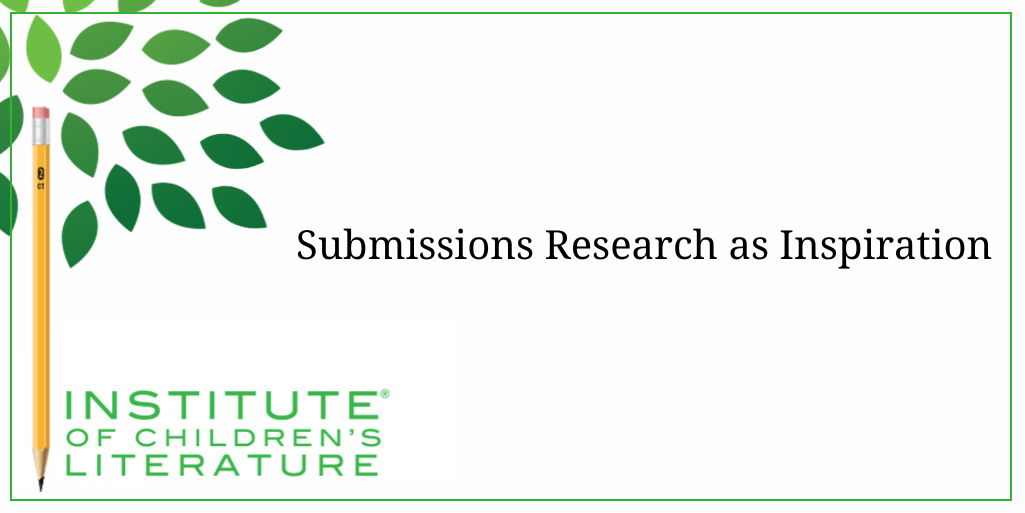
5 Ways Writers Can Prep for 2025 Goal Setting
Before we roll on to the new writing year, let’s harness our optimism for the blank slate before us and prepare for our 2025 Goal Setting just for writers.

Through the years, I’ve found something interesting about market guides. They’re inspiring.
First, they are inspiring in the same manner as a writing conference. Most writing guides include articles about writing and submissions. Those articles are like mini workshops where you listen to a seasoned writer share what their writing life has taught them. That’s inspiring to me.
But those articles aren’t the only thing I find inspiring. I find the actual market listings prompt story ideas as I read them. I begin to think about genres I could try or topics I could explore. When I read that a picture book publisher is especially interested in picture books that blend fiction with information about physical science, engineering, and earth science (such as Arbordale Publishing), I begin brainstorming what a book like that might be like. That’s inspiring.
One of the reasons I spend as much time as I do researching markets is because of the opportunities for inspiration. This can happen when I read an entry from the market guide that talks about the publisher’s mission, or it can happen when I’m reading books put out by the publisher. That doesn’t mean I copy the books the publisher has already published. Inspiration isn’t copying. Instead, the process of reading often gives me new ways to look at the story-creation process, and new options I may not have considered. Sometimes even a single sentence or turn of phrase can inspire a new idea.
Because of this side effect of market research, I’m constantly doing it. I want to know what’s going on in the market. I watch for the appearance of new publishers. I notice when larger companies buy up small ones and note what changes occur in the process. I look for changes in each company’s approach and the books they publish.
All these things put me in a better, more informed place when it comes time to sell something of my own. But it also gives me dozens, even hundreds of opportunities for inspiration. And that inspiration does come. I have far more ideas than I could possibly ever pursue.
I place such value on the inspiration from market study, that I include closed houses in my market study. That doesn’t mean I send anything to those publishers. Most closed houses are only open to submissions from agents, and sometimes only from agents they’ve worked with in the past. They aren’t kidding about that.

Even when those doors don’t crack open, reading through the catalogs of closed houses often tells me what publishers see as the hot genre and subjects of the moment. That’s because the closed houses are often bigger or they are part of big companies and therefore tend to chase the books they see as either big award winners or big sellers, or both.
Often the markets that are actually open to direct submissions from unagented writers are the ones with openings that are more niche or that are more difficult to pin down in terms of genre. Smaller markets need fewer sales to cover costs and thus can take more risks. This isn’t always true—so few things are—but it is often true. So studying closed markets tells me things about what’s hot and that can inspire story ideas too.
Let’s look at how this kind of inspiration can work with a specific publisher: Blue Dot Kids Press. This is a small boutique publisher that puts out less than a dozen books a year. With so few books picked up, they are going to take their mission extremely seriously and their guidelines support that. They are interested in books that display an “appreciation of nature, conservation, environmental stewardship, or science.” They are also open to books that encourage social/emotional learning by building traits like empathy, resilience, emotional intelligence, and creative problem-solving. They accept picture books, chapter books, and middle-grade fiction.

For example, suppose I imagined a story of a child who feeds the birds daily and loves the birds deeply. Maybe this is a child who doesn’t relate so well to other people. Maybe he has challenges in that area, but he loves these birds that visit his feeders. But then, the weather turns cooler, as it does every year, and he knows the birds will leave him to head for warmer places. And he’s sad about it. But this year, his bird friends see the child’s grief and take him along, a huge flock of birds sharing the load of taking their friend with them. Only when he arrives in the warm, sunny winter home of the birds, does he meet someone like himself. Someone who waits every year for his birds to come to see him. And the two become friends, friends who share the birds.
I would probably never write that story, but it’s the kind of idea that comes when you poke around in a publisher’s mission statement, submission guidelines, and their books. The books they’ve published are every bit as important as the mission statement and guidelines because the books they’ve published show you how they apply those guidelines and that mission. And that can be inspiring indeed.
Give it a try. Pick a market from your market guide. Visit the website. Read the mission statement, the submission guidelines, and spend some time in the catalogue looking at blurbs for their books, at the art they use, and at samples. Notice how the books themselves inform you of what they really love. Then do a little brainstorming. You might come up with something amazing. And even if not, you’ll be exercising your brainstorming muscle, which will pay off with new ideas and great stories.
With over 100 books in publication, Jan Fields writes both chapter books for children and mystery novels for adults. She’s also known for a variety of experiences teaching writing, from one session SCBWI events to lengthier Highlights Foundation workshops to these blog posts for the Institute of Children’s Literature. As a former ICL instructor, Jan enjoys equipping writers for success in whatever way she can.

Before we roll on to the new writing year, let’s harness our optimism for the blank slate before us and prepare for our 2025 Goal Setting just for writers.

Writers can be thin-skinned when it comes to getting feedback on their work. Let’s look at 4 ways to positively deal with constructive criticism!

Rejection is part of the territory when it comes to being a writer. Today we offer reflection for writers to help redirect your efforts after a rejection.
1000 N. West Street #1200, Wilmington, DE 19801
© 2024 Direct Learning Systems, Inc. All rights reserved.
1000 N. West Street #1200, Wilmington, DE 19801
© 2024 Direct Learning Systems, Inc. All rights reserved.
1000 N. West Street #1200, Wilmington, DE 19801
© 2024 Direct Learning Systems, Inc. All rights reserved.
1000 N. West Street #1200, Wilmington, DE 19801
© 2025 Direct Learning Systems, Inc. All rights reserved.
1000 N. West Street #1200, Wilmington, DE 19801
©2025 Direct Learning Systems, Inc. All rights reserved. Privacy Policy.
1 Comment